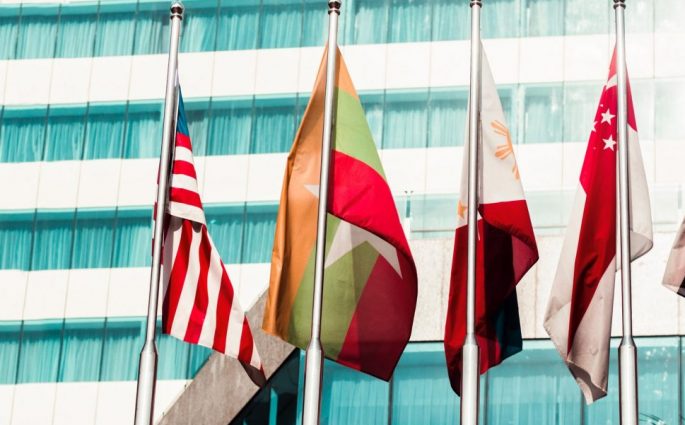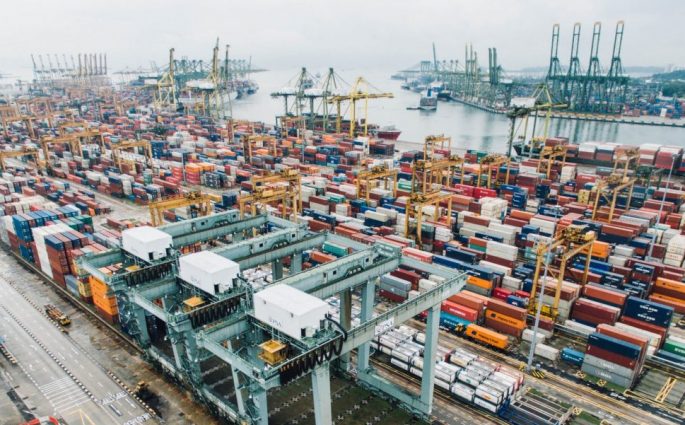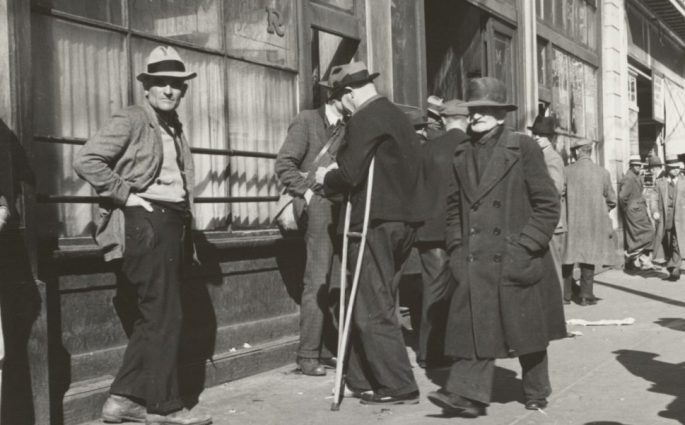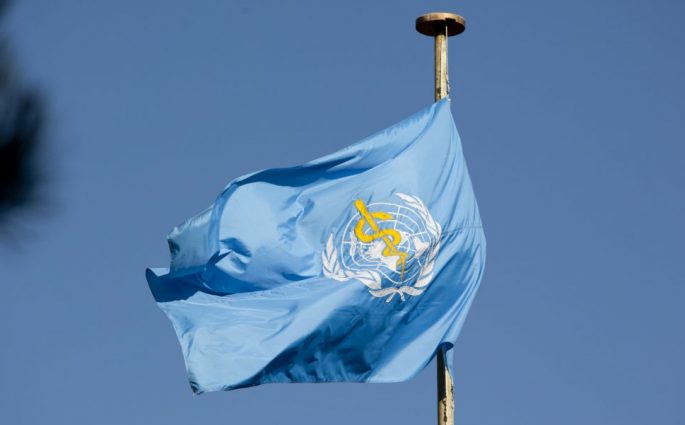Glenn Beck and the Resurgence of the Austrian School
Janek Wasserman— Americans searching Amazon’s best-seller list in June 2010 would have encountered a surprising title at the top, above the likes of books by Stieg Larsson, George W. Bush, Malcolm Gladwell, and Michael Lewis: Friedrich Hayek’s Road to Serfdom. The “Definitive Edition” had appeared in 2007, yet it sold only
































